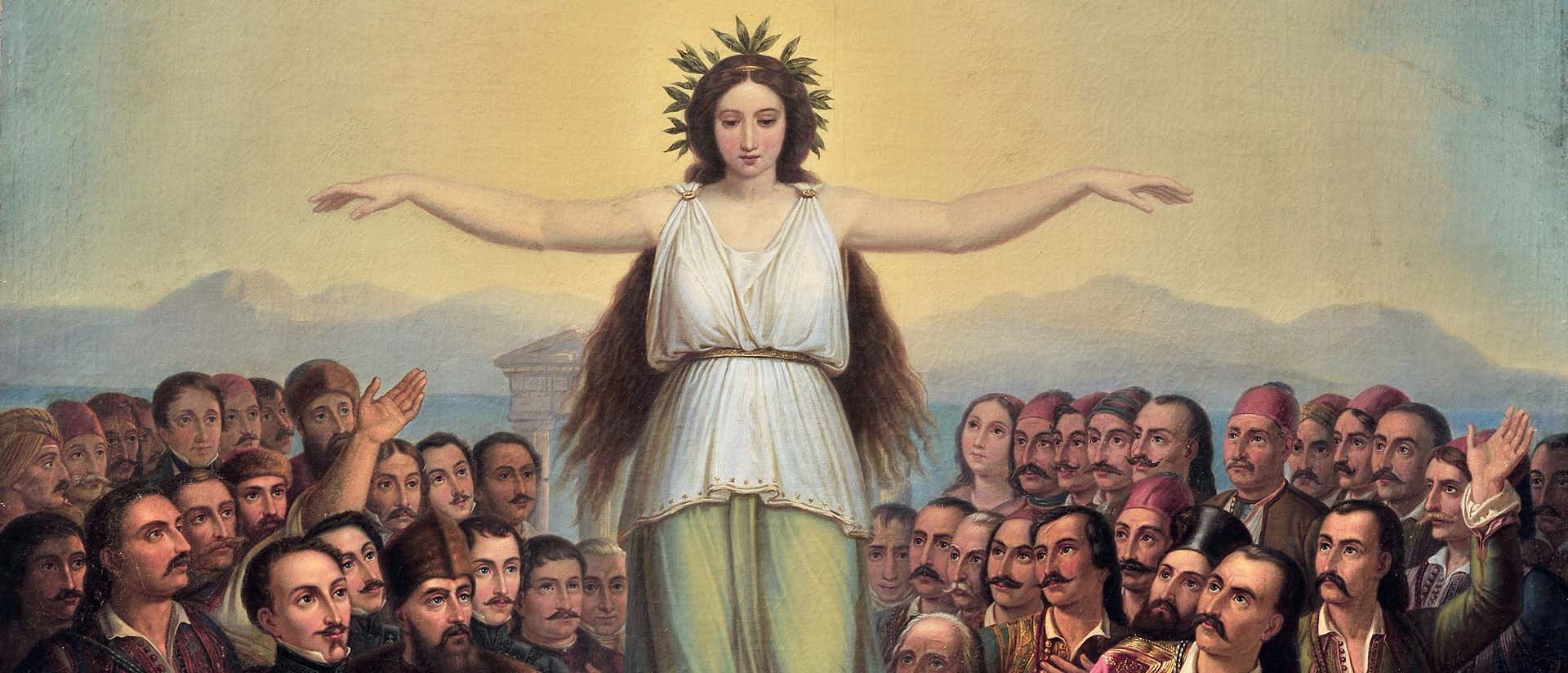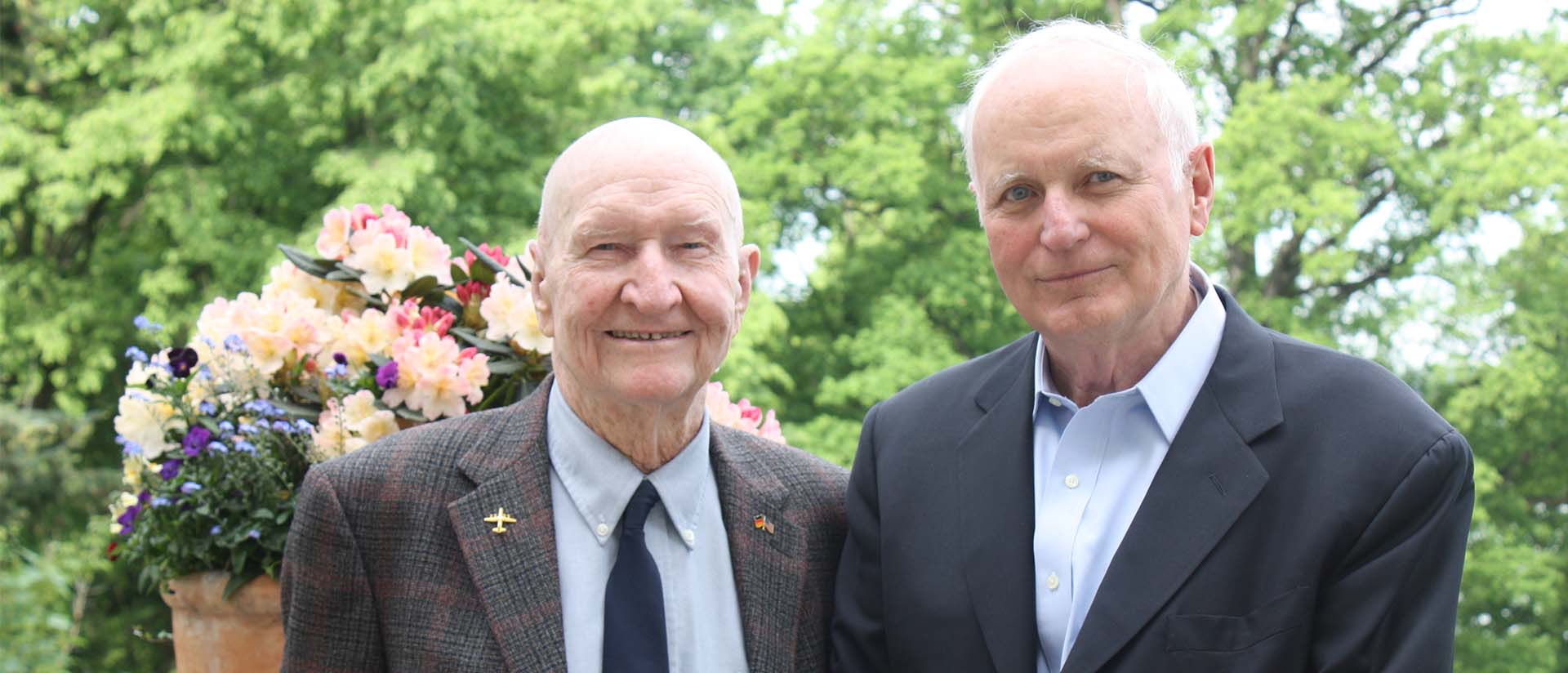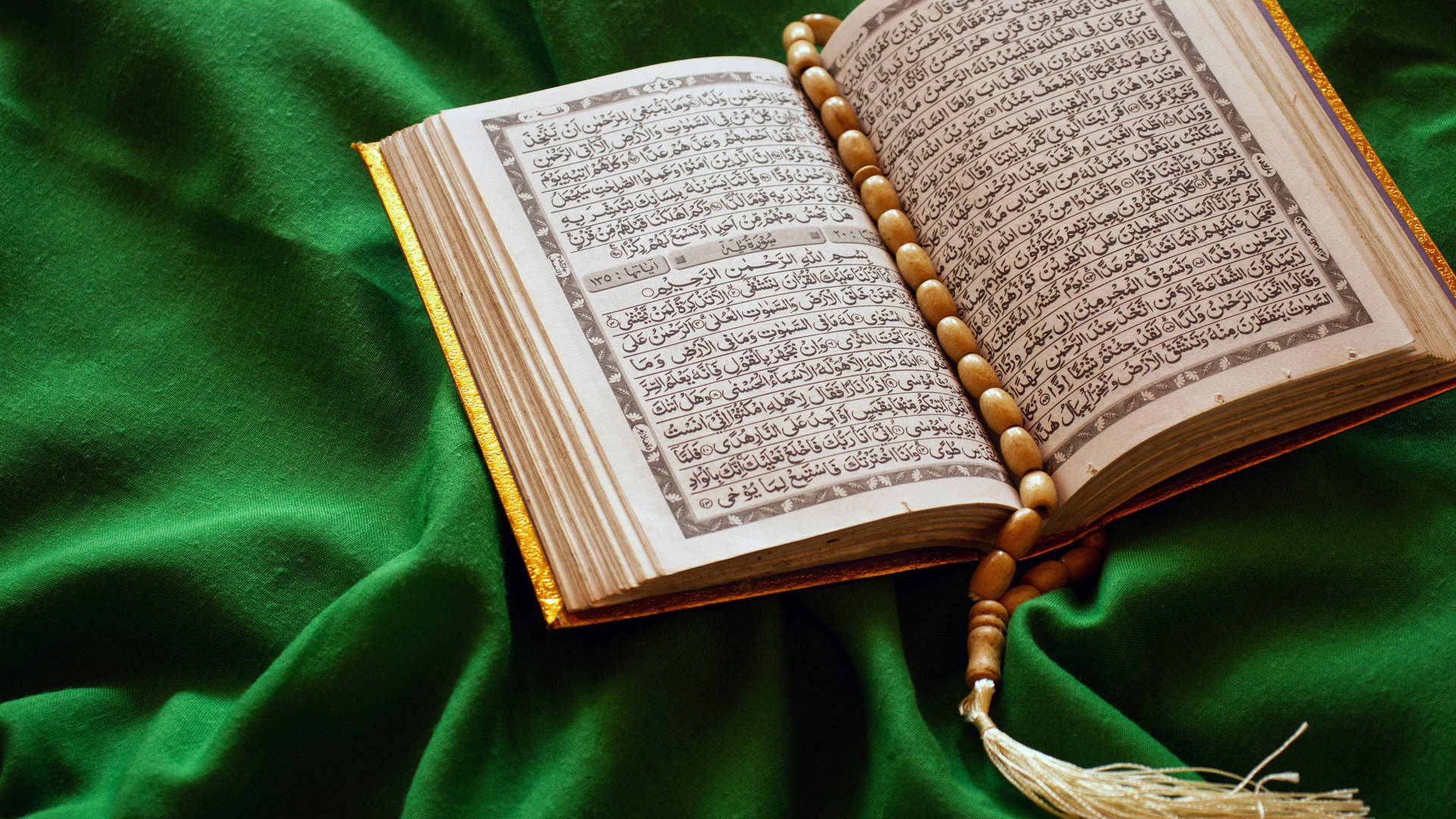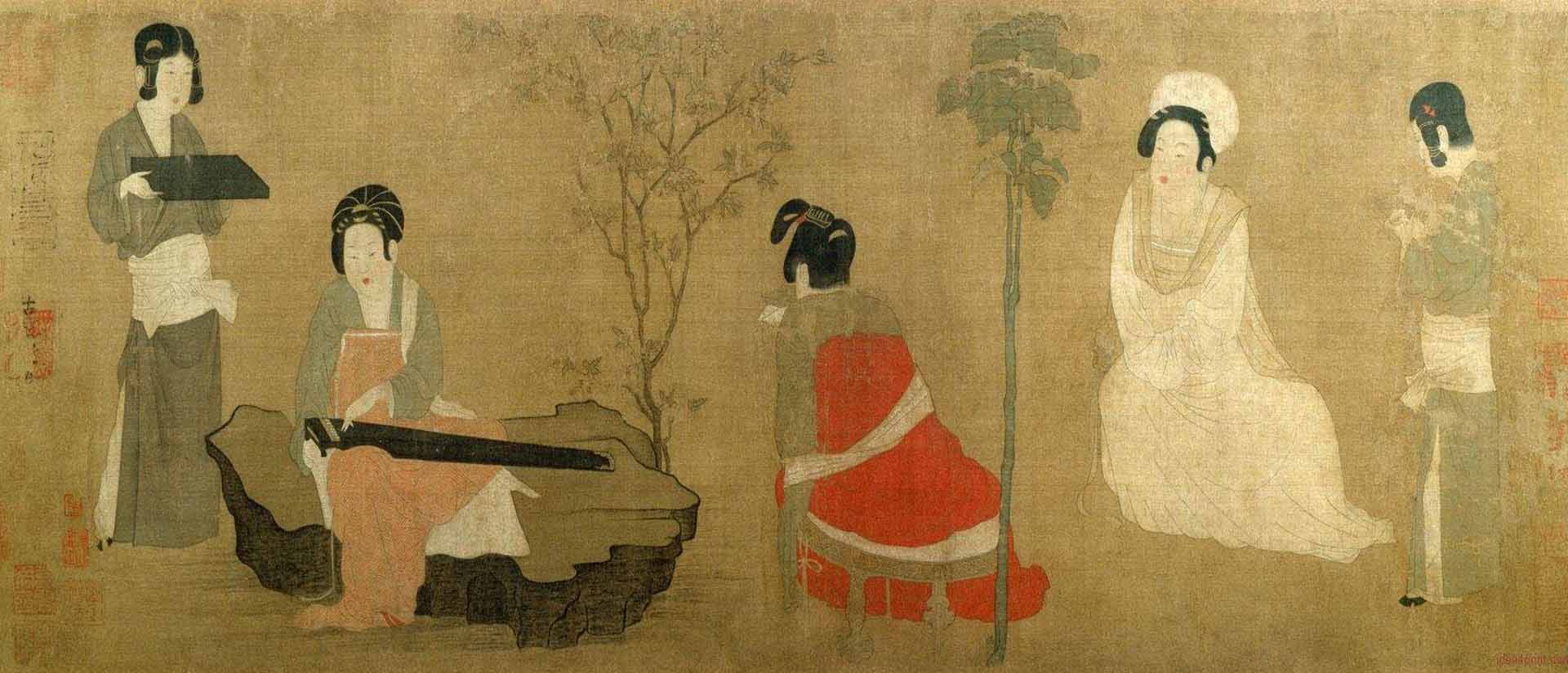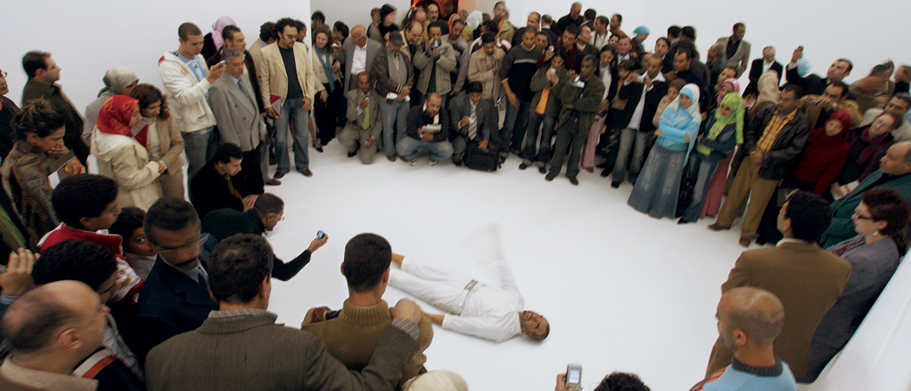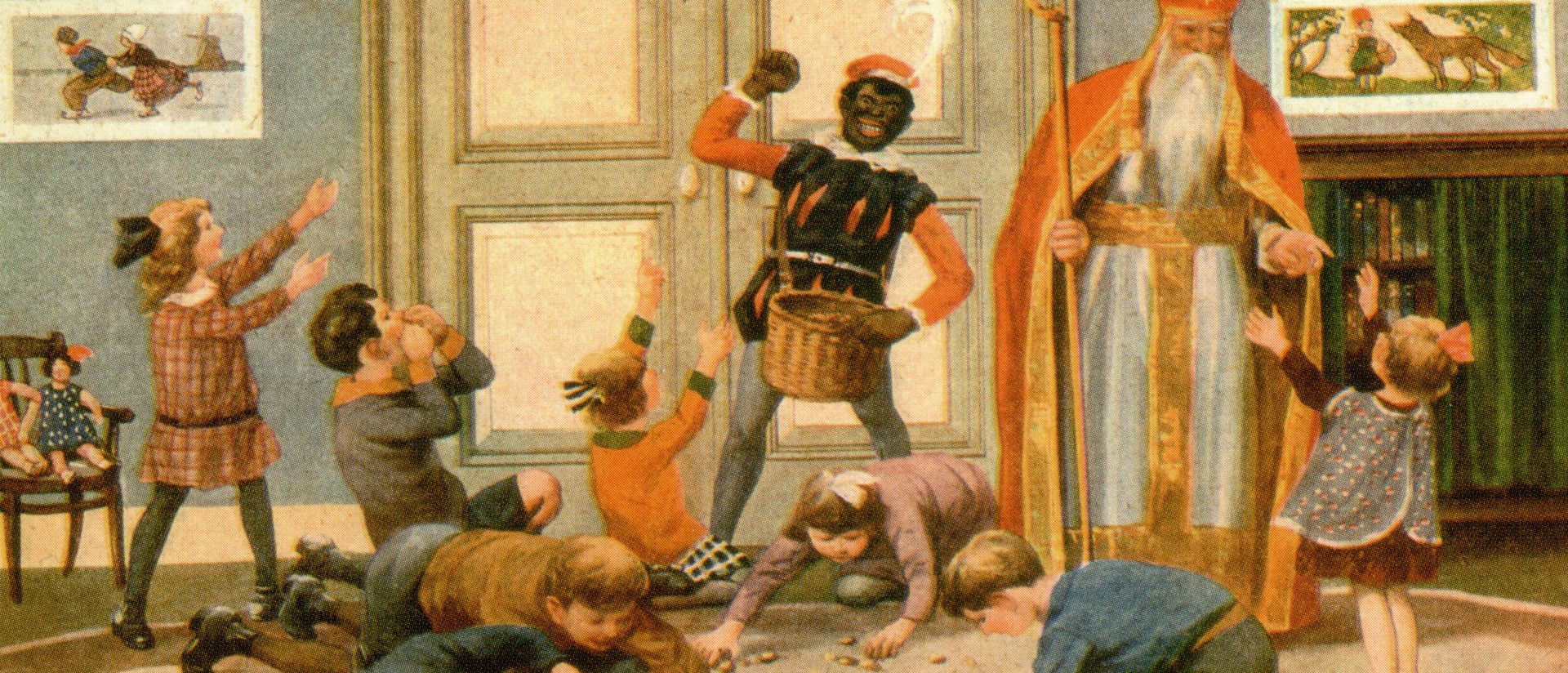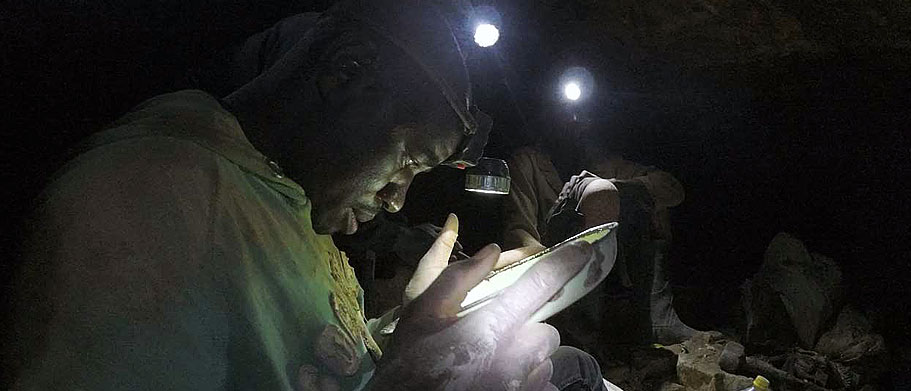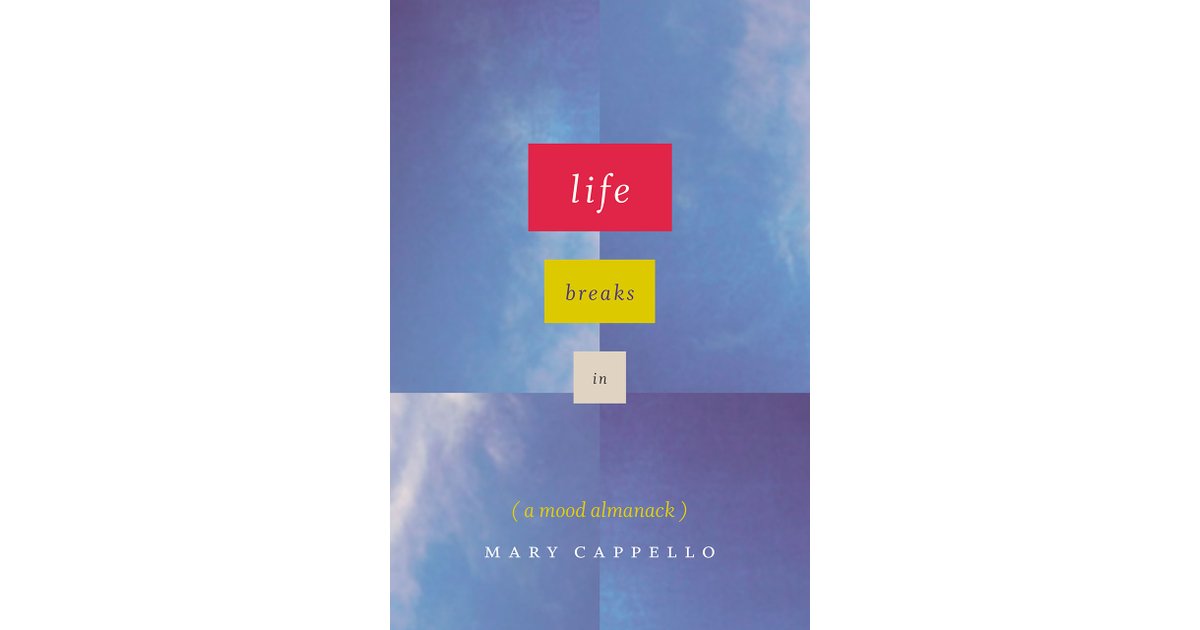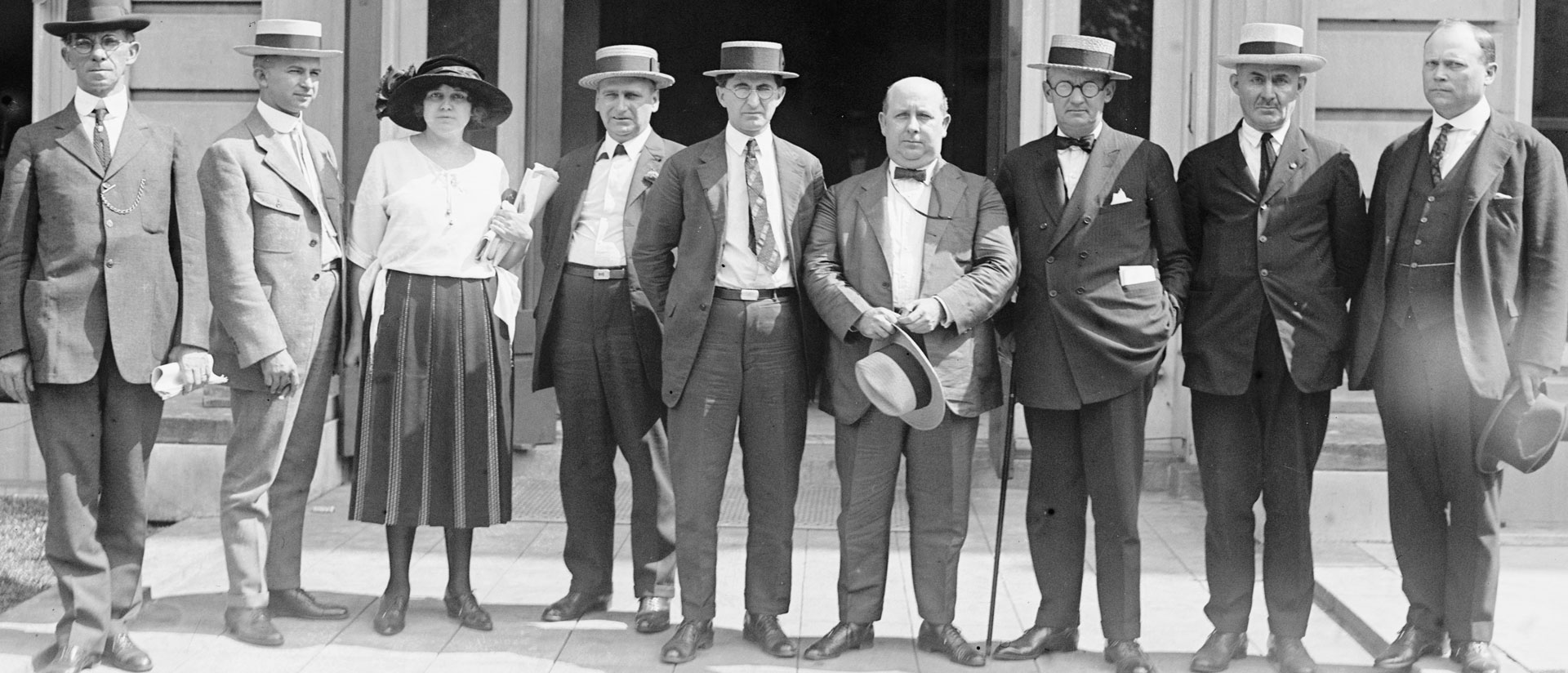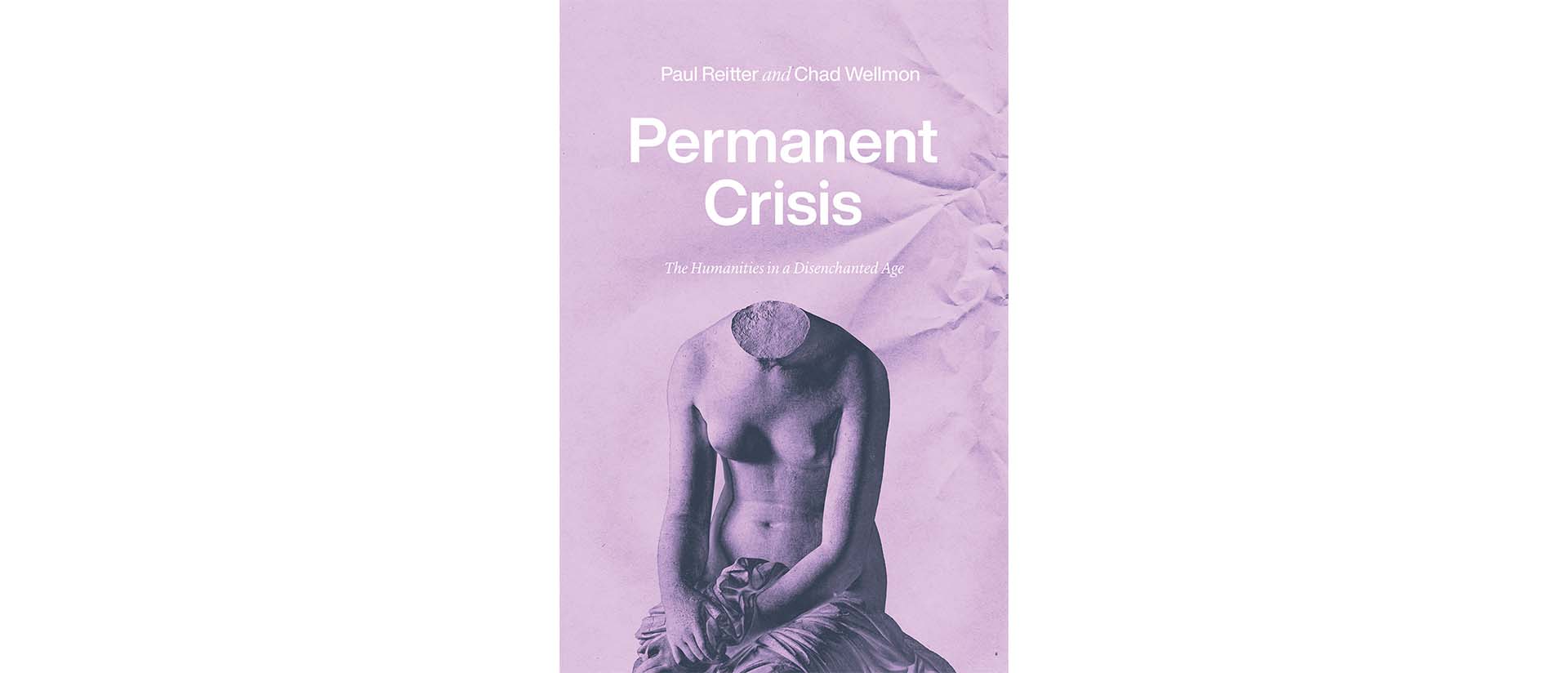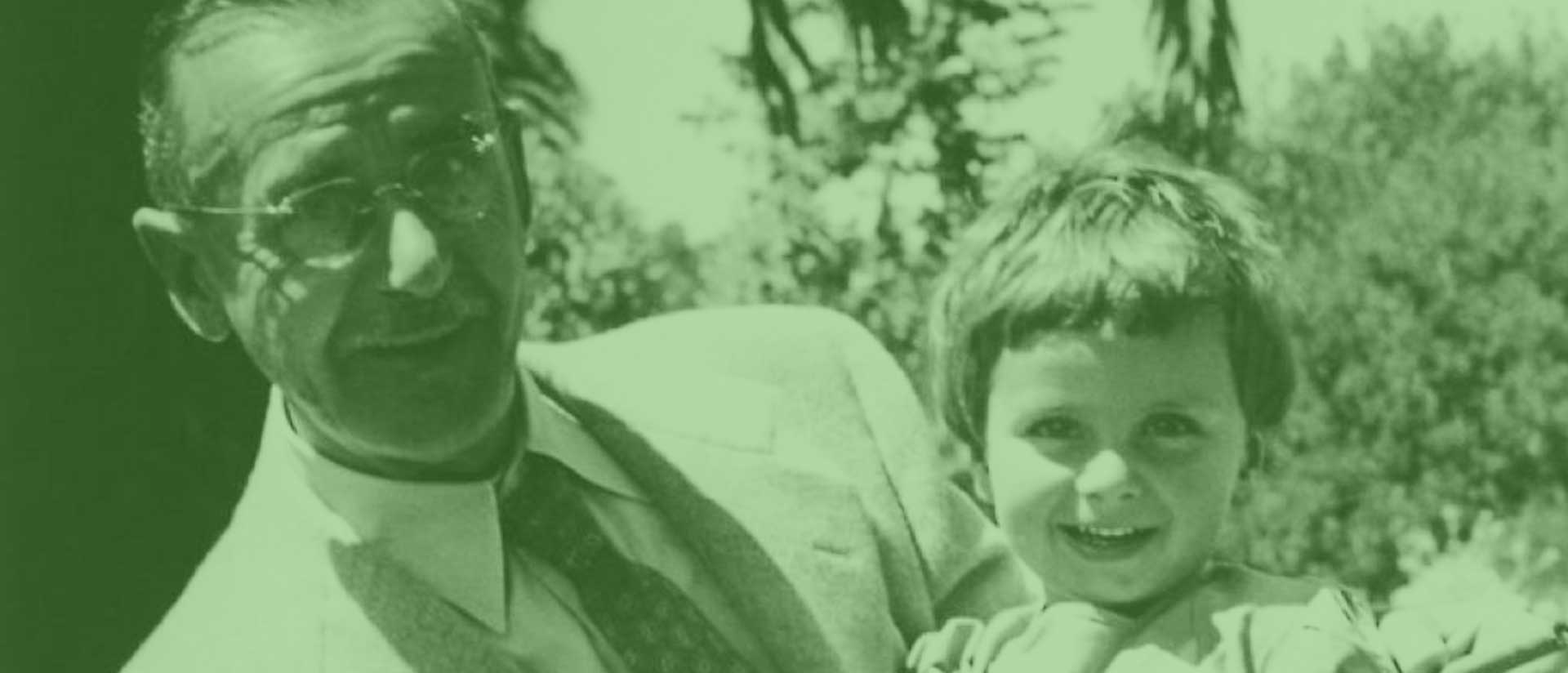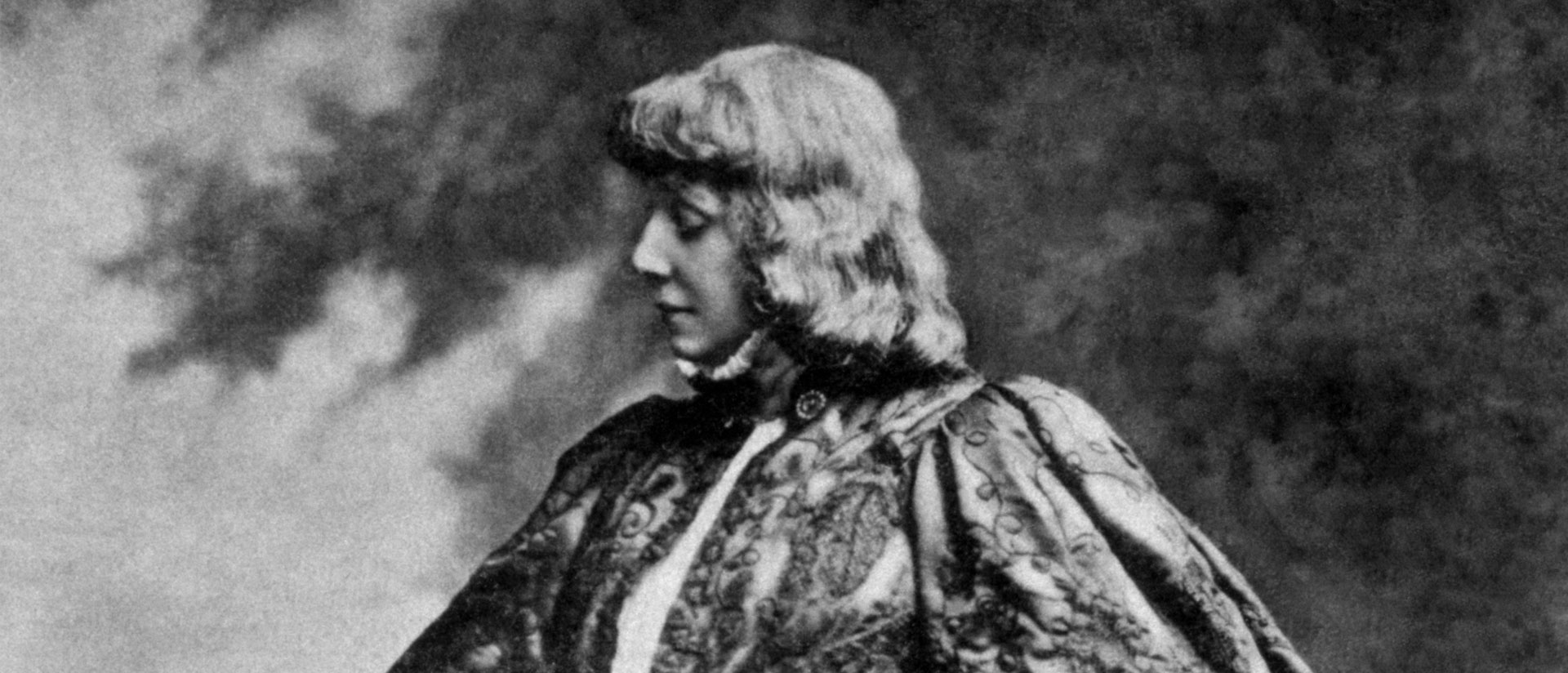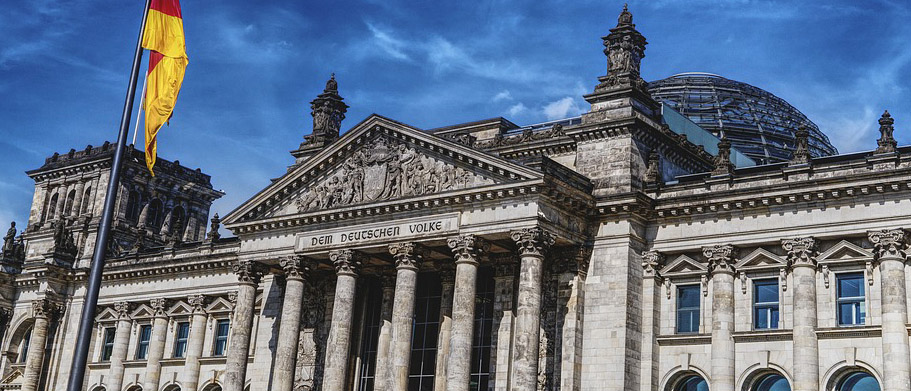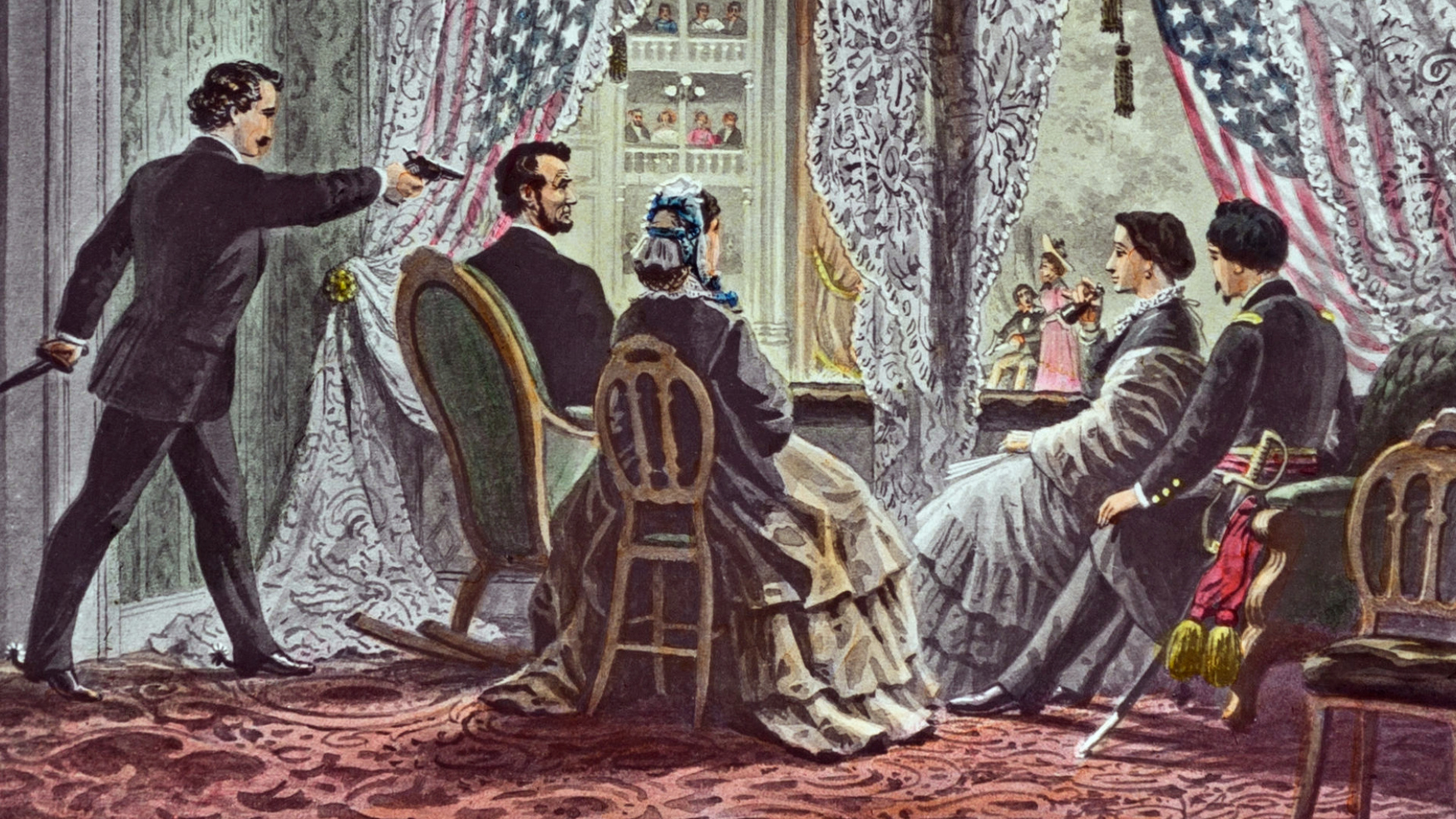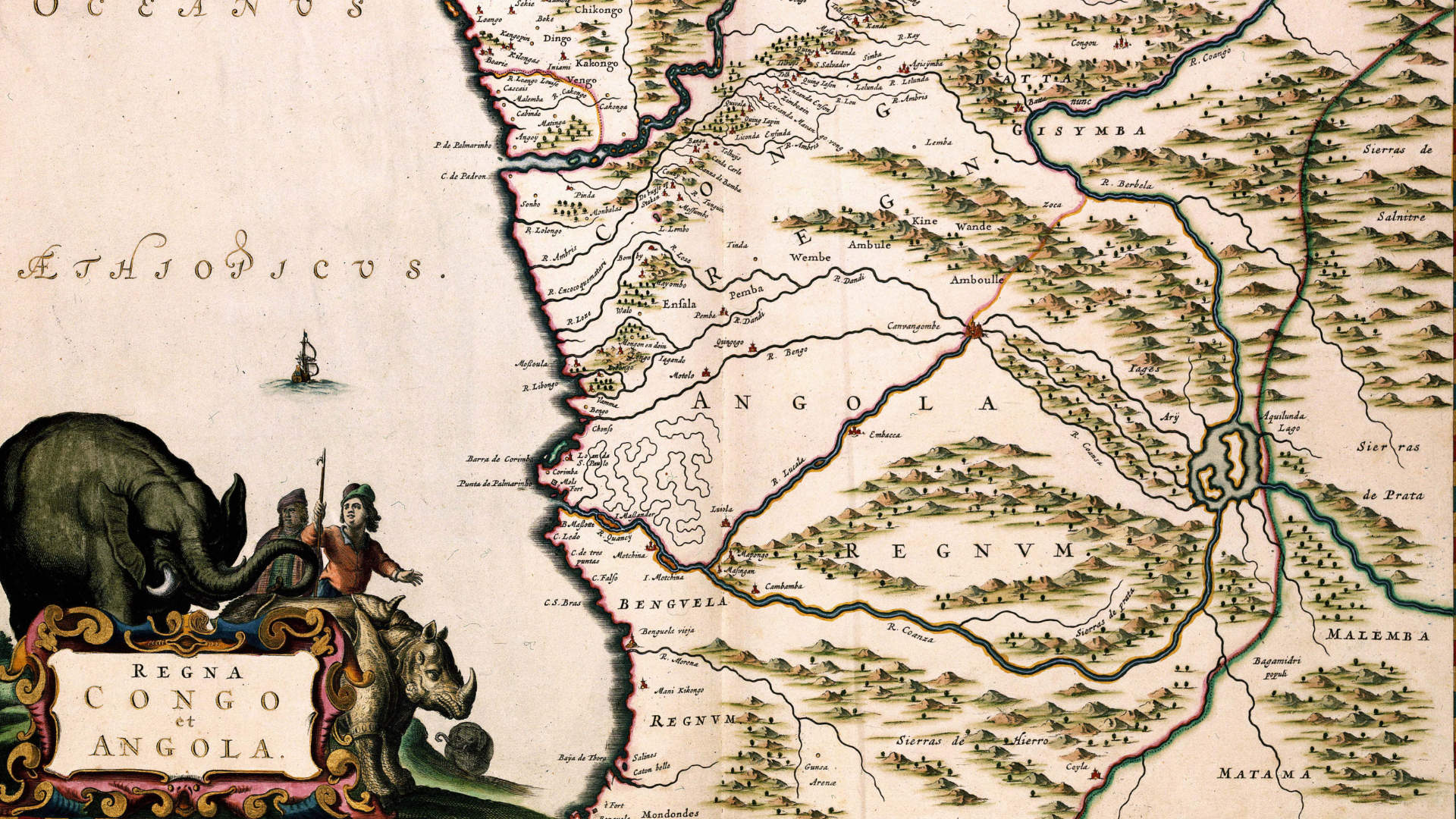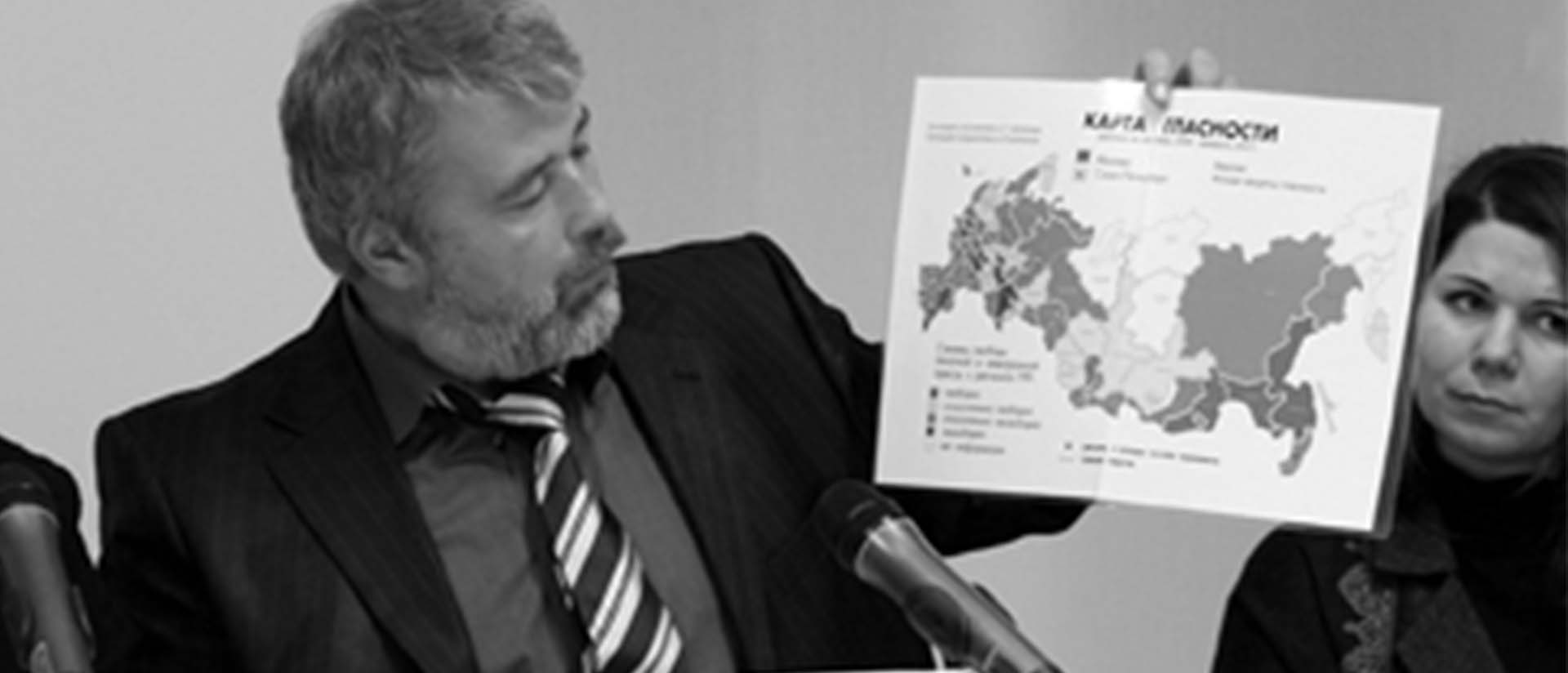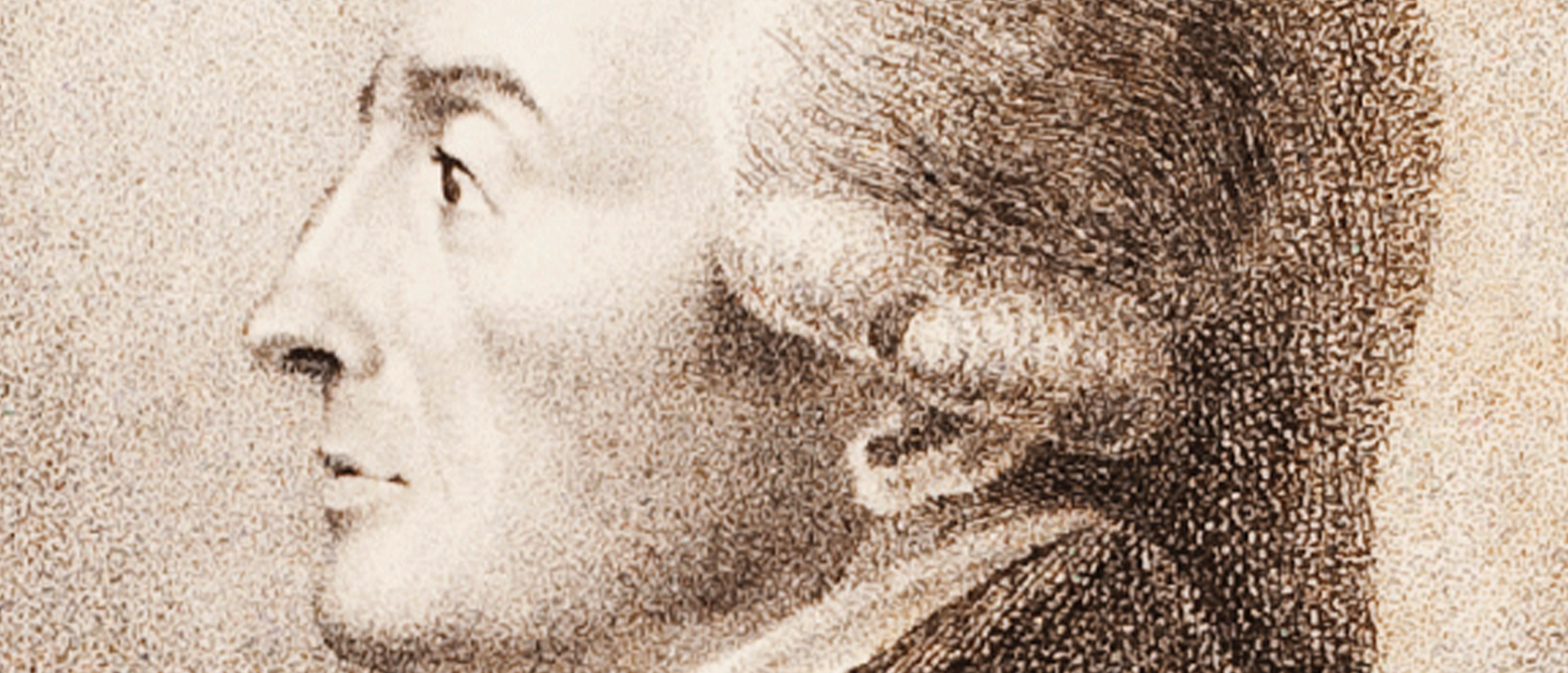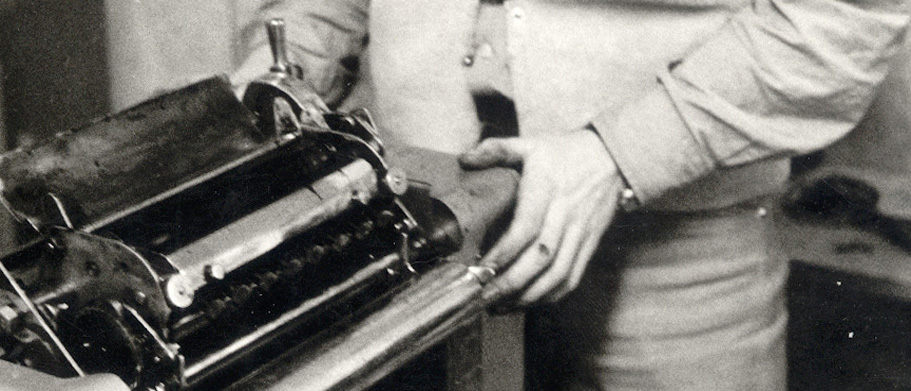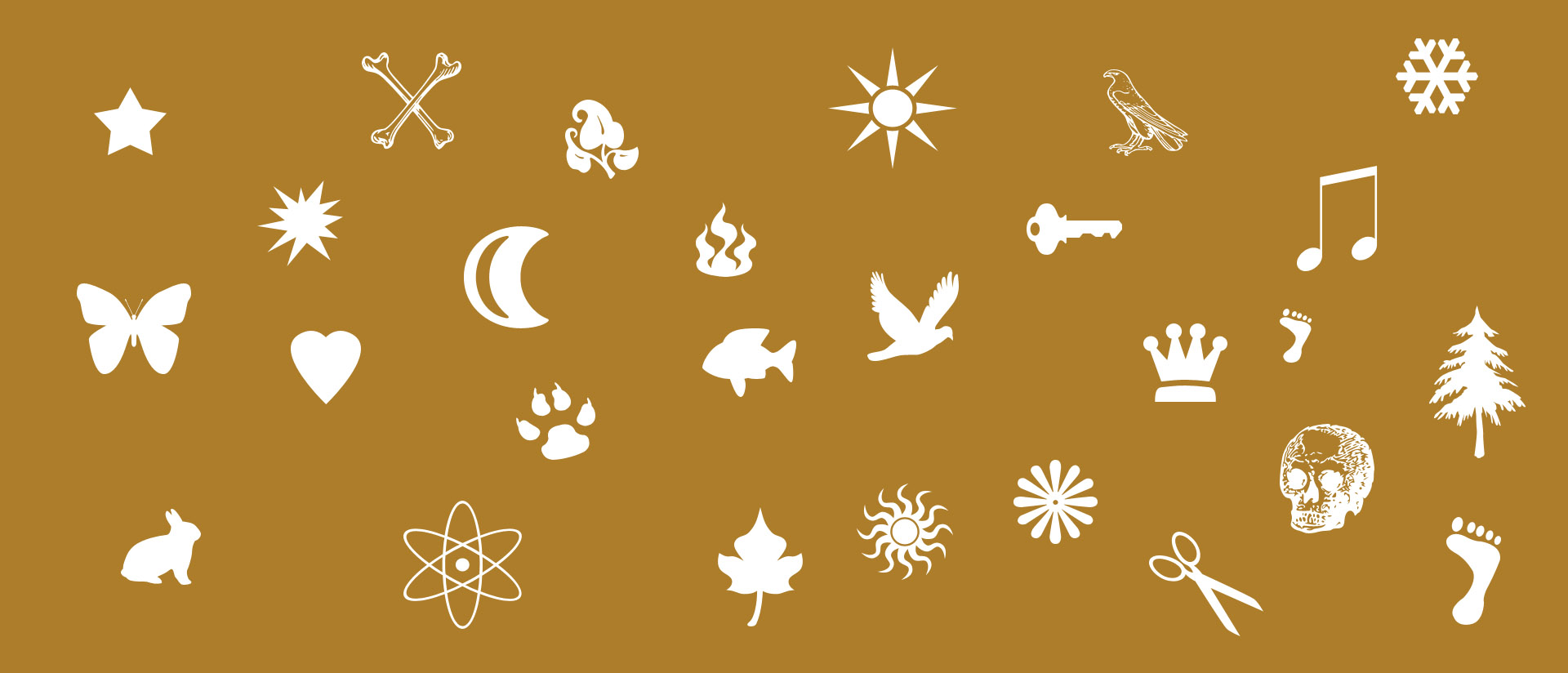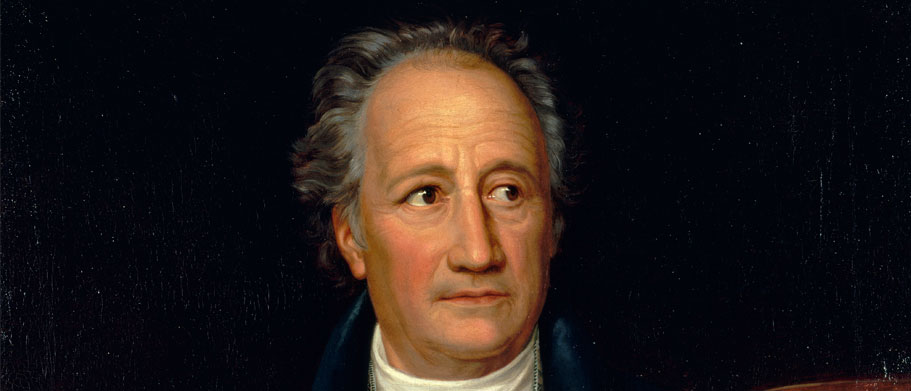
World Literature
The curious history of a German-American idea
By Martin Puchner
On the afternoon of January 31, 1827, Johann Peter Eckermann, faithful secretary to Johann Wolfgang von Goethe, went over to his master’s house, as he had done hundreds of times in the past three and a half years. Goethe reported on what he had done since they last talked. Apparently, he had been reading a Chinese novel. “Really? That must have been rather strange!” Eckermann exclaimed. “No, much less so than one thinks,” Goethe replied. Eckermann was surprised and ventured that surely this Chinese novel must be quite strange, the exception to the rule. Wrong again. The master’s voice was stern: “Nothing could be further from the truth. The Chinese have thousands of them, and had them when our ancestors were still living in the woods.” Eckermann was confused, but Goethe wasn’t done yet and reached for the term that would truly stun his secretary: “The era of world literature is at hand, and everyone must contribute to accelerating it.” World literature—the idea of world literature—was born.
It is rare that we can pinpoint the birth of an idea. Usually, ideas pop up in different places under different names, only dimly known even to their originators, before they emerge with increasingly clarity over time. World literature is different. We know exactly when it was born, because Eckermann recorded his conversations with Goethe, and because he published them afterwards.[1]
The story of how this publication came to pass illustrates an important feature of world literature: that it relies on a literary marketplace. In 1827, Goethe was at the height of his fame, and widely regarded as the greatest writer of his age (Ralph Waldo Emerson singled him out as “the writer” among his six representative men). In order to serve Goethe, Eckermann had given up on his studies in law, at the University of Göttingen, in 1822. He was too poor to afford a coach, so had walked to Weimar, which took him three weeks, to offer his services as secretary and all-purpose assistant to the famous writer. Goethe happily accepted, though he paid Eckermann almost nothing. Eckermann had grown up in abject poverty and was used to getting by with very little, but he was barely making ends meet. Casting about for ways to better his lot, he realized that a book containing his conversations with Goethe could bring in additional funds. Goethe allowed the scheme to go forward, but demanded that the book be published only after his death.
Thanks to Eckermann, we know when and where world literature was born, but not why. Why did this idea emerge in the provincial town of Weimar, which barely numbered seven thousand inhabitants, and not, as one might expect, in one of the metropolitan centers such as London or Paris? Those centers, it turned out, bred their own brand of provincialism. Writers in London and Paris knew themselves to be at the center of the cultural world, which meant that their works were being translated and exported everywhere. These writers didn’t need to look elsewhere for inspiration. They felt secure in their status and in their traditions, and tended to look down on everyone else.
The situation in a provincial Germany was very different. Weimar was at the receiving end of cultural trade, imitating Parisian fashion, manners, and literature. In reaction to this dependency, German writers were looking for an alternative source of inspiration, and many found it by studying, for the first time, German traditions and folkways.
German writers were looking for an alternative source of inspiration, and many found it by studying, for the first time, German traditions and folkways.
Goethe didn’t like being on the receiving end of French culture either, but he was skeptical about the obsession with German folk art that was happening all around him. Instead, he looked farther afield. While most of his associates were either consuming the literature exported from France or looking to German folk traditions, Goethe sensed that a new era was at hand, the era of world literature. This era was shaped by a single, integrated market in which both ancient and more recent works circulated in translation. (The idea was taken up by Marx and Engels in the Communist Manifesto.) The world market in literature allowed Goethe to read not only Chinese novels, but also the Sanskrit drama Shakuntala (which influenced his Faust), as well as Persian and Arabic poetry (which inspired his poetry collection West-Eastern Divan).
The new market in literature was shaped, in no small manner, by European colonial empires, which were forcing different parts of the world into closer contact. One of the few Chinese novels Goethe was able to get his hands on, for example, was Hau Kiou Choaan, or The Pleasing History, translated by Bishop Thomas Percy, a representative of the East India Company, the vehicle through which Britain exploited its colonies in the east. Germany, of course, didn’t have colonies, which meant that Goethe didn’t have to reckon with European colonialism directly. Nor was he prone to the feeling of Western cultural superiority bred by colonialism. He was able to profit from the colonialism of others, enjoying world literature translated into English and Portuguese and other colonial languages, without succumbing to some of the prejudices prevalent in colonizing cultures.
At first, Goethe was ridiculed—including by the Grimm brothers, Wilhelm and Jacob—for his interest in world literature, but the idea slowly caught on. One of its appeals was that it could be used to circumvent the dominant export cultures of England and France. This was particularly important for small literatures that were hoping to gain more prominence—not least among them Yiddish, which would be an essential chapter in the American contribution to world literature, via the wealth of literary knowledge brought by German émigrés.
Here, we’ll leave Goethe and jump into Yiddish in the next century—and into my family’s own curious literary entanglements.
In the early twentieth century, Yiddish was in a difficult position. As the Germanic language spoken by Jewish communities in Eastern Europe, it was mostly seen as a spoken dialect. Assimilated Jews looked down on it and chose German or Russian as the language in which to produce serious works of literature and thought. At the same time, Zionists advocated for a return to Palestine, which also meant that they regarded Yiddish as the language of exile that should be replaced by Hebrew.
Besides those internal enemies of Yiddish, there were countless other detractors. These were, above all, anti-Semites who saw Yiddish as a bowdlerized form of German, and feared that it would sully the purity of the German tongue—much the way intermarriage sullied the purity of German blood.
Despite these formidable opponents, there existed a vocal group of writers and intellectuals who wanted to elevate Yiddish from the status of a spoken dialect to that of a real language. How might they achieve this lofty goal? The Yiddish scholar Max Weinreich famously quipped that the difference between a dialect and a language was merely one of power: “A language is a dialect with an army and a navy.” The promoters of Yiddish didn’t start manufacturing ships and weapons, however. Instead, they sought to regularize the language by codifying its spelling and grammar. Above all, they promoted Yiddish literature. They had already translated the Hebrew Bible and were now hoping for a high-status contemporary literature in Yiddish to emerge as well.
In this situation, world literature became a rallying cry. The cry was led in 1939 by Melech Ravich, who called for a Yiddish velt literatur ( ליטעראַטו וועלט). By this he meant that Yiddish was a literature written in different parts of the world, from Eastern Europe to the United States. But he also meant that it was something to aspire to: Yiddish writers should be able to gain a place in world literature even though they were being ignored by the majority export cultures of Europe. World literature promised a path to literary prominence outside the metropolitan centers of cultural power.
By 1939, promoters of Yiddish had other problems. Due to the rise of Nazism and the early stages of World War II, there was a mass exodus of writers and scholars from Germany and German-occupied Europe. The Jewish scholars Leo Spitzer and Erich Auerbach, both advocates of world literature, were among them. They fled to Istanbul, which became a node in the world literature network. Their experiences in Istanbul were varied. While Spitzer undertook the study of Turkish in order to connect with the cultural traditions of his host country, Auerbach sought to save the vestiges of Western civilization—and complained that he didn’t have a good library to do so.
Both Spitzer and Auerbach soon left Istanbul and immigrated to the United States, along with many other European writers and intellectuals, taking the idea of world literature with them. The American chapter in the story of world literature had begun.
Surprisingly, world literature took hold in postwar America. One reason was the expansion of universities in the aftermath of WWII, fueled by the GI Bill. Large numbers of returning soldiers flocked to colleges and universities, causing an unprecedented expansion of higher education. These new populations had to be educated in new ways, since colleges could not presume that they had all been exposed to the same classics in high school. In response, universities invested in new types of general education and survey courses with titles such as Masterpieces of Western Literature or Masterpieces of World Literature.
These courses created a new, specialized market in world literature: world literature anthologies. Among them was the Norton Anthology of World Masterpieces. By the time I inherited this anthology as a general editor, half a century later, it had grown to six volumes and changed its name to Norton Anthology of World Literature. It had also changed its selection in response to the so-called canon wars of the 1980s and ’90s, including more texts by women as well as a wider range of non-Western literature.
Today, the Norton Anthology is used in over a thousand colleges, universities, and high schools, a testament to the fact that world literature is thriving in the United States. Almost half of its adopters are located in the South, somewhat in contrast to the region’s alleged provincialism. Or perhaps the American South is continuing the tradition begun with Goethe: using world literature as a defense against the export culture of metropolitan centers. Be that as it may, no other country I know has embraced world literature, and instituted it in higher education, as fully as the United States.
I first encountered world literature through a more unusual source: my uncle, Günter Puchner. A writer and composer, he became fascinated by an underground language called Rotwelsch, a thieves’ cant spoken in Central Europe from the Middle Ages to the twentieth century. The language was a strange mixture of German, Yiddish, and Hebrew, and it was kept secret to allow vagrants, beggars, and thieves to communicate in private. Rotwelsch was a purely spoken language, and by the time my uncle came across it, it was dying out.
Rotwelsch … was a strange mixture of German, Yiddish, and Hebrew, and it was kept secret to allow vagrants, beggars, and thieves to communicate in private.
He decided to rescue it by locating the few remaining speakers, and by collecting sources and dictionaries. But in order to turn Rotwelsch into a legitimate language, he took inspiration from Ravich’s velt literatur and planned to create a world literature out of Rotwelsch. To this end, he undertook a massive project, translating into Rotwelsch parts of the Bible (both the Old and the New Testaments) as well as excerpts from other works of world literature.
Günter Puchner died in his forties, of a brain aneurism, his project unfinished. I inherited his archive, his field notes, his dictionaries, and his library, and have been carrying around this trove for twenty years, always thinking that, one day, I would continue this ancestral inheritance that has entangled my family for three generations.
And so, at last, I am diving into this long-overdue endeavor. As I do so in Berlin, I cannot help but take inspiration from the proximity to the place where world literature began almost two hundred years ago.
Martin Puchner is Byron and Anita Wien Professor of Drama and English and Comparative Literature at Harvard University.
[1] Johann Peter Eckermann, Gespräche mit Goethe in den letzten Jahren seines Lebens, volumes 1 and 2 (Leipzig: Brockhaus, 1837). Goethe‘s quotes are from this source, pages 322 and 325.
Image: Johann Joseph Schmeller, Johann Wolfgang Goethe (detail), 1838. Oil on canvas, 36 cm x 44.3 cm. Copyright: bpk/Staatsbibliothek zu Berlin/Ruth Schacht. The full image of this painting appears in the Berlin Journal 32 (fall 2018), page 61. Reproduced with permission.


